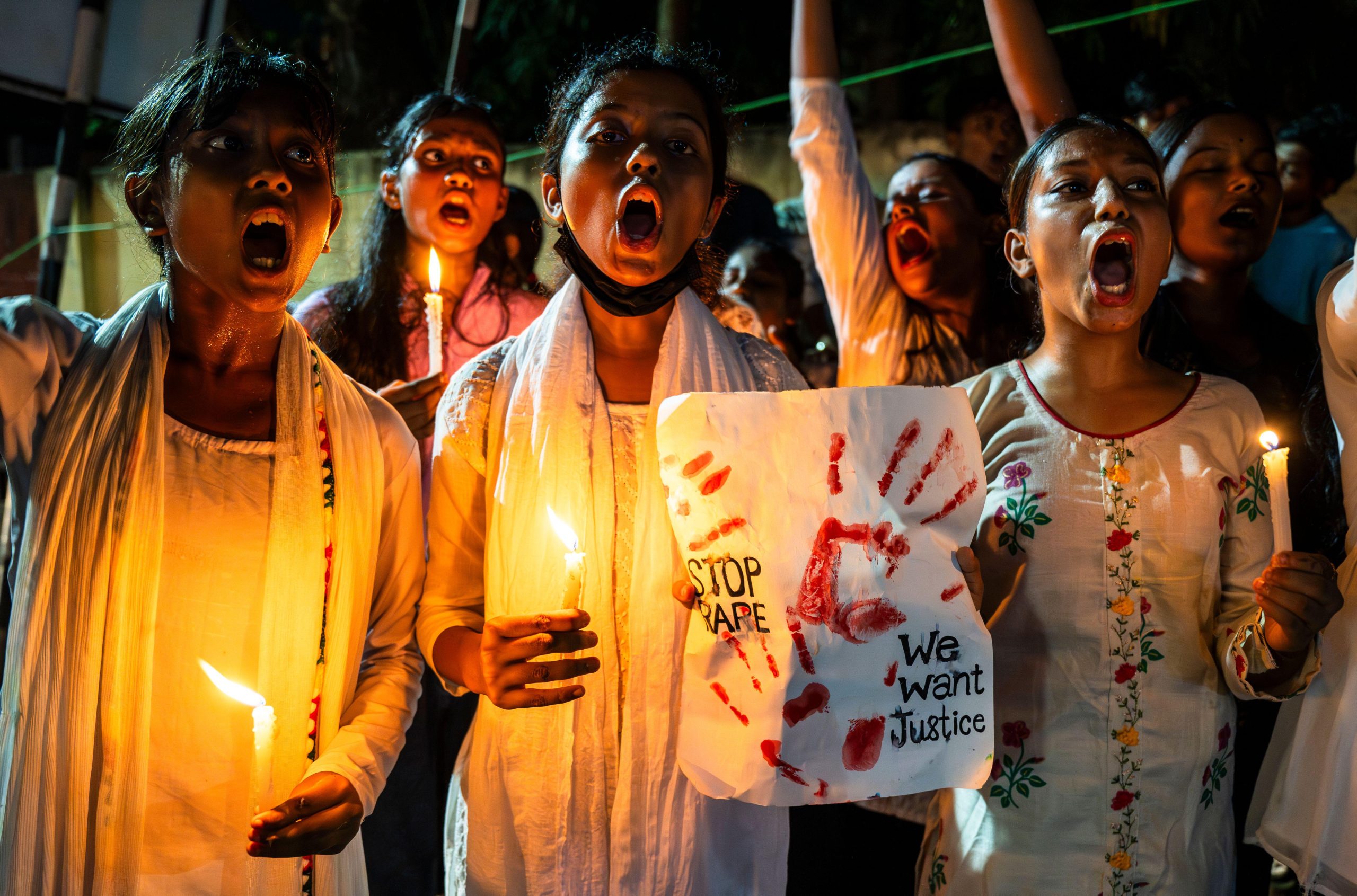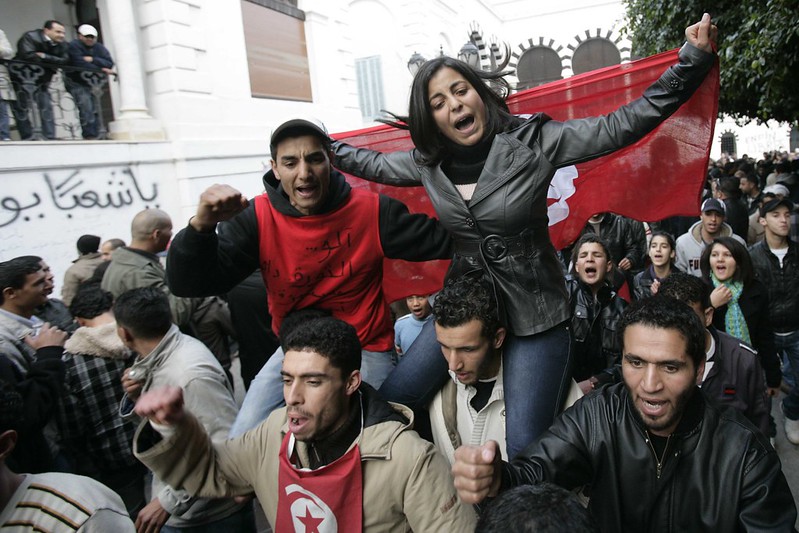 Michael Harris interviews Hardeep Singh, the recent victor of the libel trial, His Holiness v Singh. What’s it like to be sued by a “holy man”?
Michael Harris interviews Hardeep Singh, the recent victor of the libel trial, His Holiness v Singh. What’s it like to be sued by a “holy man”?
MH — Can you give us a brief introduction to your libel case and how much of your time it has taken up?
HS — The article at the centre of the dispute was written in a dual language Birmingham based paper, the Sikh Times, in August 2007, entitled “Cult divided Sikh congregation in High Wycombe”. My piece documented the links between a Punjab-based sect and gurdwaras (Sikh temples) in Britain. Shortly thereafter, Sant Baba Jeet Singh Ji Maharaj filed a libel suit.
The publishers, Eastern Media Group, quickly issued a grovelling apology and capitulated to the legal muscle of the claimant. They didn’t stop there, publishing a number of accolades for the claimant.
I’ve always found it difficult to describe to others the bounds of energy, expense and time being sued for libel consumes. For me it’s been all-encompassing fighting as a defendant against a non-domicile who goes by the self-inflated title of “his Holiness”, who allegedly does not read, write or speak English, and has apparently never been to the UK. It wouldn’t be unfair to describe him as an armchair litigant.
This nonchalant approach extended itself to the fact that “his holiness” didn’t even come to trial, he opted at the eleventh hour to give evidence via video link from the Punjab, India.
“His holiness” had a no-expenses-spared legal team. This comprised of a number of top-tier solicitors (at one point up to five) along with two barristers, one of whom was a QC. To say they were snapping at our heels over the course of almost three years is an understatement.
Since September 2007 right through to the weekend prior to trial on 17 May 2010, I have been burning the candle at both ends. This was not optional, but born out of necessity, as the burden of proof is with the defendant as the laws currently stand. You’re guilty until proven innocent.
To add to my cup of miseries, unlike most libel cases in The Royal Courts of Justice, I had the added complication of translating documents from Punjabi to English. These included judgments from Indian proceedings and articles in the Punjabi press from the UK and India.
MH — How much has the case cost you?
HS — The financial costs have been significant and have gone into tens of thousands of pounds; this is exacerbated by the human cost. The time that goes into defending libel is to the detriment of all relationships. The burden of the persecution of litigation hangs over you like a dark cloud. Consequently, you lose years of your life — in my case almost three years.
In contrast to the near three years of my life wasted, it took Mr Justice Eady just three hours to “permanently stay” the case.
MH — What was your experience of our libel system and what were the stakes for you personally?
HS — It felt like I was being legally bullied by a super wealthy “Holy” non-domicile. The thought of financial ruin is gut wrenching. The stakes could not have been higher and the consternation is unparalleled. Losing the case would have meant incurring over £1m in costs. That is complete financial ruin.
It comes to a point where you accept it’s an all or nothing scenario for your financial and emotional viability.
My right to freedom of expression was hanging in the balance. I stood by the fundamental teachings at the heart of mainstream Sikhism versus the deviational doctrines of a cult with a self-styled messianic figurehead.
MH — Was there anything interesting in the judgment itself?
HS — Mr Justice Eady referred to the 2003 case Blake v Associated Newspapers, where the judge dismissed the Right Reverend Jonathan Clive Blake’s claim that the publisher of the Daily Mail had questioned the fitness of a person to carry out the duties of their religious office.
His Holiness v Singh highlights two things clearly. Firstly, since the Polanski case, video links are favoured by the courts. Secondly, and more importantly, the ruling sets a legal precedent: the courts will not adjudicate on matters of religious doctrine in the context of libel proceedings.
This result was thanks to representation from a laudable legal team, Barjinder Sahota, Henry Spooner and Mark Hill QC, as well as my expert witness Dr Indarjit Singh CBE.
My victory, along with Simon Singh’s recent case (Simon isn’t a relative by the way), highlights the urgent need for libel reform, and I am grateful to your campaign.
It’s now over to the new secretary of state for justice Kenneth Clarke to adopt Lord Lester’s private members’ bill into legislation, or propose some alternative legislation. The status quo has too chilling an effect on freedom of expression, I know this personally. It’s time for change.
Hardeep Singh is a freelance journalist and broadcaster and the press secretary for the Network of Sikh Organisations, UK
Michael Harris is public affairs manager of the Libel Reform campaign




